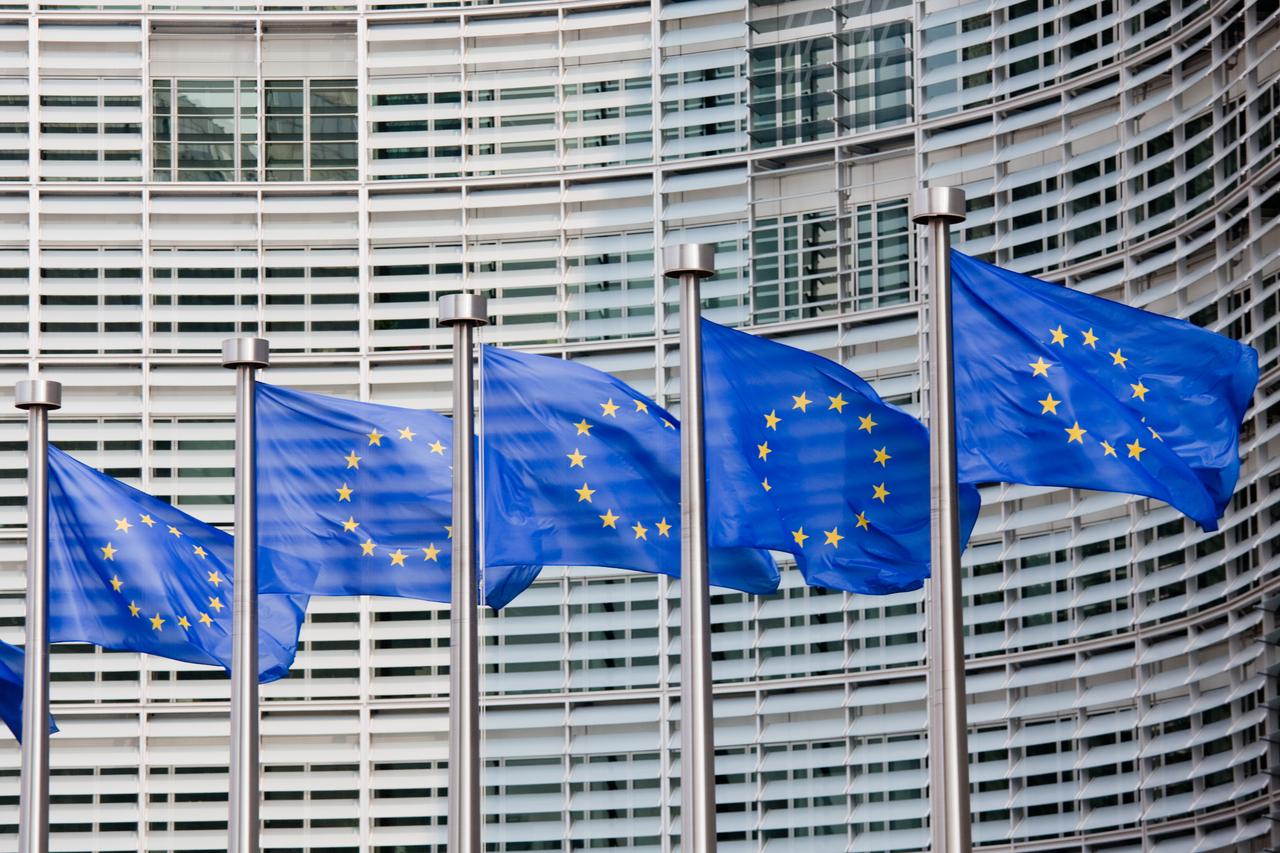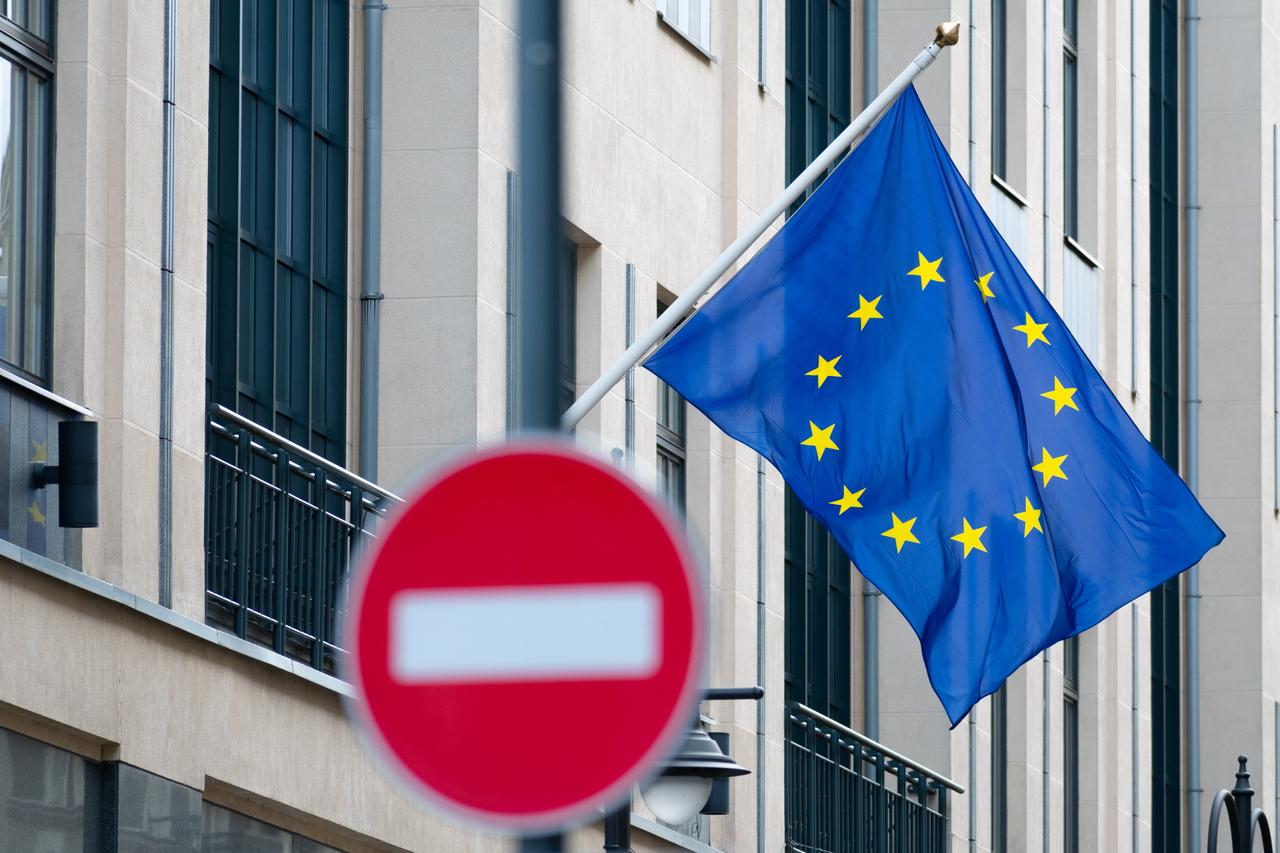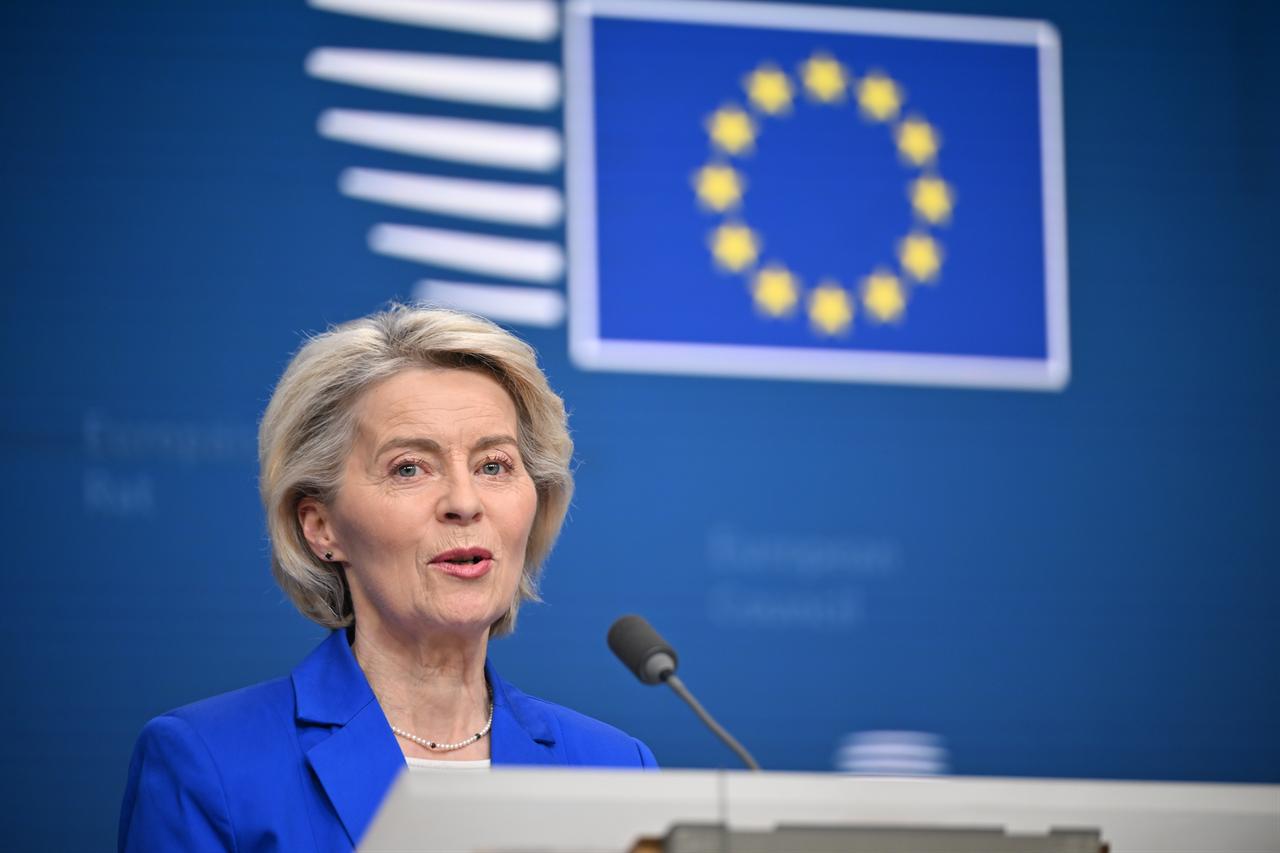
For decades, the six Western Balkan countries—Albania, Bosnia and Herzegovina, Kosovo, Montenegro, North Macedonia, and Serbia—have been promised a place in the European Union.
They have reformed their institutions, aligned laws with EU standards, and sought to modernize economies for integration. Yet, despite their efforts, membership remains distant, leaving citizens and leaders in prolonged uncertainty.
Albanian Prime Minister Edi Rama has described the experience as “Waiting for Godot,” the iconic play in which characters wait endlessly for something that never arrives.
This metaphor captures the lived reality for many in the region. Citizens vote, work, innovate, and hope for a European future, only to face years of delays and a seemingly closed door.

Some countries have made measurable progress. Montenegro has opened all 33 negotiating chapters and closed six provisionally. Albania has opened 24 chapters, slightly ahead of Serbia’s 22.
Yet chapter closures remain slow, and for Bosnia, Kosovo, and North Macedonia, progress is even more limited. The numbers show effort, but they also reveal a gap between promise and delivery.
Public support for EU membership remains high: 91% in Albania, 89% in Kosovo, 73% in Montenegro, 70% in North Macedonia, and 66% in Bosnia and Herzegovina. Serbia stands out with lower support at roughly 33–39%, reflecting complex domestic attitudes.
Yet these figures mask another reality: 44% of citizens across the region are considering moving abroad, and among young people, 71% are contemplating emigration. A generation of Europeans is being shaped by delayed accession.
The European Union’s own structure contributes to the waiting. Membership requires meeting Copenhagen criteria—encompassing governance, rule of law, human rights, and economic readiness—and securing unanimous approval from all 27 EU member states. Adding new members without reforming EU institutions risks slower decision-making and political gridlock, a concern repeatedly cited in Brussels.
Geopolitics adds another layer. Russia’s war in Ukraine has underscored the strategic importance of the Western Balkans, yet EU member states remain cautious. Enlargement is both a political tool and a test of the Union’s commitment to stability and European values.

The EU’s summit on 4 November presents a critical opportunity to turn promises into action.
The gathering will bring together Western Balkan leaders and key EU figures, including the presidents of Moldova and Serbia, Maia Sandu and Aleksandar Vucic, and three prime ministers from the Western Balkans: Albania’s Edi Rama, Montenegro’s Milojko Spajic, and North Macedonia’s Hristijan Mickoski, alongside European Commissioner for Enlargement Marta Kos.
The summit also represents a broader effort to amplify the voices of candidate countries at a pivotal moment. European Commission President Ursula von der Leyen has rebooted the enlargement process, rebranding it as the “reunification of Europe,” signaling renewed political attention to the region.
Brussels must seize this opportunity to provide a clear roadmap with concrete milestones for chapter closures while implementing the internal reforms necessary to accommodate new members.
The Western Balkans have demonstrated commitment and resilience; it is now the EU’s turn to match that dedication with decisive action.